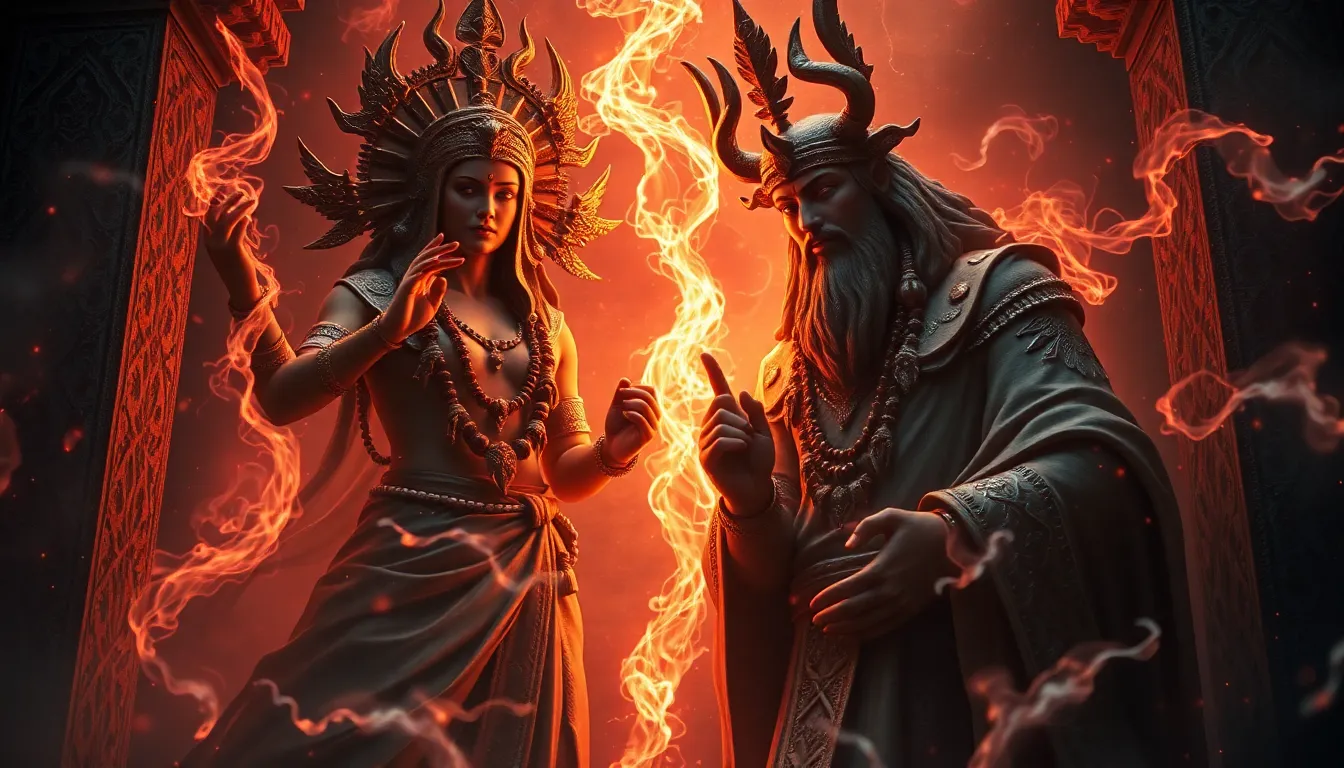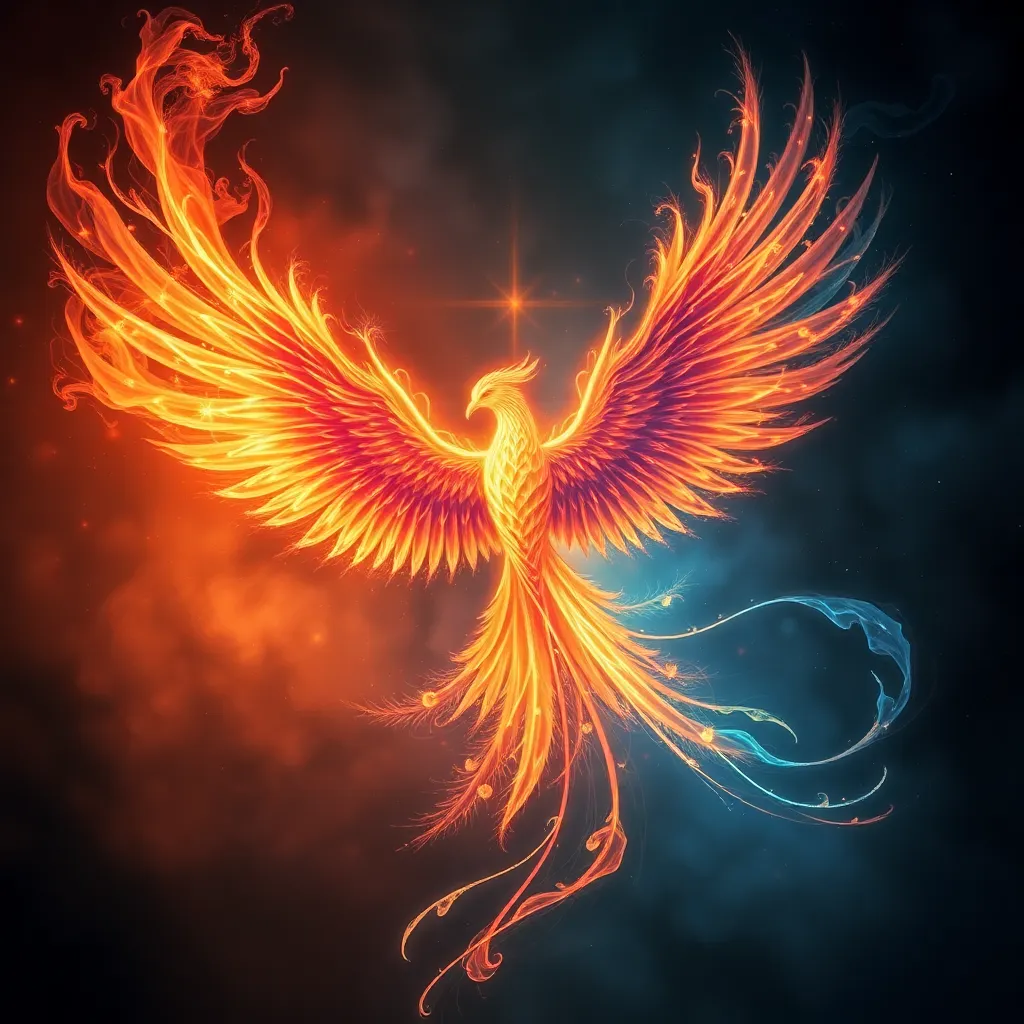Introduction to African Mythology
African mythology, a captivating tapestry of beliefs, narratives, and traditions, unveils a profound spiritual and cultural heritage spanning millennia. Rooted in the continent's diverse communities, this rich mythology offers a captivating glimpse into the origins, values, and worldviews of African societies.
The Significance of Oral Traditions in African Mythology
In the absence of written records, African mythology has been preserved and transmitted through oral traditions, a testament to the enduring power of storytelling. Across generations, tales have been passed down, evolving and adapting with each retelling. These narratives, entrusted to the memories of griots, elders, and community members, form a vibrant repository of wisdom, history, and cultural identity.
Creation Myths and Origin Stories
At the heart of African mythology lie creation myths that narrate the origins of the universe, the world, and humanity itself. These stories often depict a primordial deity or creator spirit responsible for bringing order out of chaos. Through vivid imagery and symbolism, they convey profound concepts about the nature of existence and the relationship between the divine and the mortal realms.
Divine Beings and Ancestors
African mythology is replete with divine beings, including gods, goddesses, and spirits. These celestial entities possess extraordinary powers and play influential roles in shaping the destinies of mortals. Ancestors, too, occupy a prominent position, revered as guardians of lineage, wisdom, and tradition. Through rituals, ceremonies, and offerings, communities connect with their ancestors, seeking guidance, protection, and a sense of continuity.
Heroes and Tricksters
The pantheon of African mythology features heroes who embody courage, strength, and ingenuity. Their tales inspire values of bravery, perseverance, and the triumph of good over evil. Alongside heroes, tricksters, often depicted as cunning and mischievous figures, play a significant role. They challenge conventional norms, expose human folly, and provide a lens through which to examine the complexities of the human condition.
6. Rituals, Ceremonies, and Storytelling
In African cultures, mythology is not merely a collection of tales but an integral part of everyday life. Rituals, ceremonies, and storytelling sessions serve as vehicles for transmitting and enacting mythological narratives. Through these communal practices, individuals connect with the divine, honor their ancestors, and reinforce cultural values. Storytelling, in particular, plays a crucial role in shaping the collective memory and identity of communities.
7. The Role of Griots and Storytellers
Griots, revered as masters of oral tradition, are the custodians of African mythology. They possess exceptional memory and storytelling skills, passing down narratives from generation to generation. As educators, historians, and cultural ambassadors, griots play a pivotal role in preserving the rich heritage of African mythology and ensuring its continued relevance in contemporary society.
8. Symbolism and Allegory in Oral Narratives
African mythological narratives are woven with layers of symbolism and allegory. Animals, natural phenomena, and everyday objects often carry deeper meanings and serve as metaphors for abstract concepts. Through these symbolic representations, stories convey complex truths about the human experience, morality, and the nature of the universe.
9. Contemporary Adaptations and Interpretations
In the modern era, African mythology continues to inspire and captivate artists, writers, and scholars. Contemporary adaptations and interpretations of mythological narratives find expression in literature, film, music, and other creative mediums. These adaptations not only showcase the enduring power of African mythology but also offer fresh perspectives on its relevance in the 21st century.
10. Conclusion: Preserving and Exploring African Mythology Through Oral Traditions
African mythology, preserved and transmitted through oral traditions, forms an invaluable repository of cultural heritage and spiritual wisdom. By exploring these narratives, we gain insights into the diverse beliefs, values, and worldviews that have shaped African societies for centuries. As we continue to preserve and promote oral traditions, we ensure that the rich tapestry of African mythology will continue to inspire, educate, and connect generations to come.
FAQ on African Mythology
Q: What is the importance of African mythology?
A: African mythology provides a profound understanding of the origins, beliefs, values, and cultural practices of African societies. It offers insights into the human experience, morality, and the nature of the universe.
Q: How is African mythology preserved?
A: African mythology has been preserved and transmitted primarily through oral traditions passed down by griots, elders, and community members. These narratives are often expressed in the form of creation myths, origin stories, rituals, ceremonies, and storytelling sessions.
Q: Can African mythology be found in written form?
A: While oral traditions have been the primary mode of transmitting African mythology, some written accounts and adaptations have been documented by scholars, anthropologists, and historians. However, the majority of African mythological narratives remain rooted in oral traditions.
Q: How is African mythology relevant in contemporary society?
A: African mythology continues to inspire artists, writers, and scholars in the modern era. Contemporary adaptations and interpretations of mythological narratives can be found in literature, film, music, and other creative mediums. These adaptations showcase the enduring power of African mythology and offer fresh perspectives on its relevance in the 21st century.
Q: Why is it important to preserve oral traditions of African mythology?
A: Preserving oral traditions of African mythology is crucial for safeguarding the cultural heritage and spiritual wisdom of African societies. By documenting and transmitting these narratives, we ensure that future generations can continue to connect with their cultural roots and gain insights into the diverse beliefs and worldviews of their ancestors.



